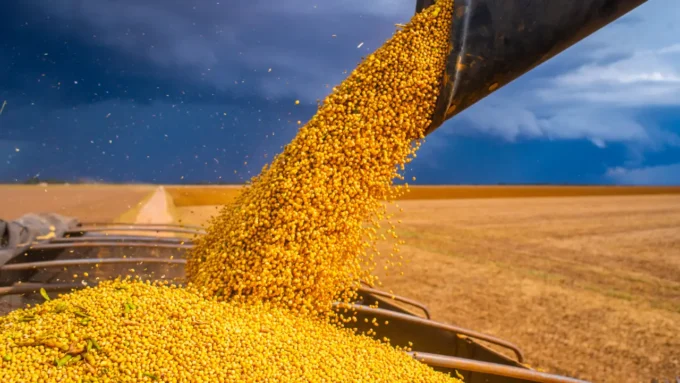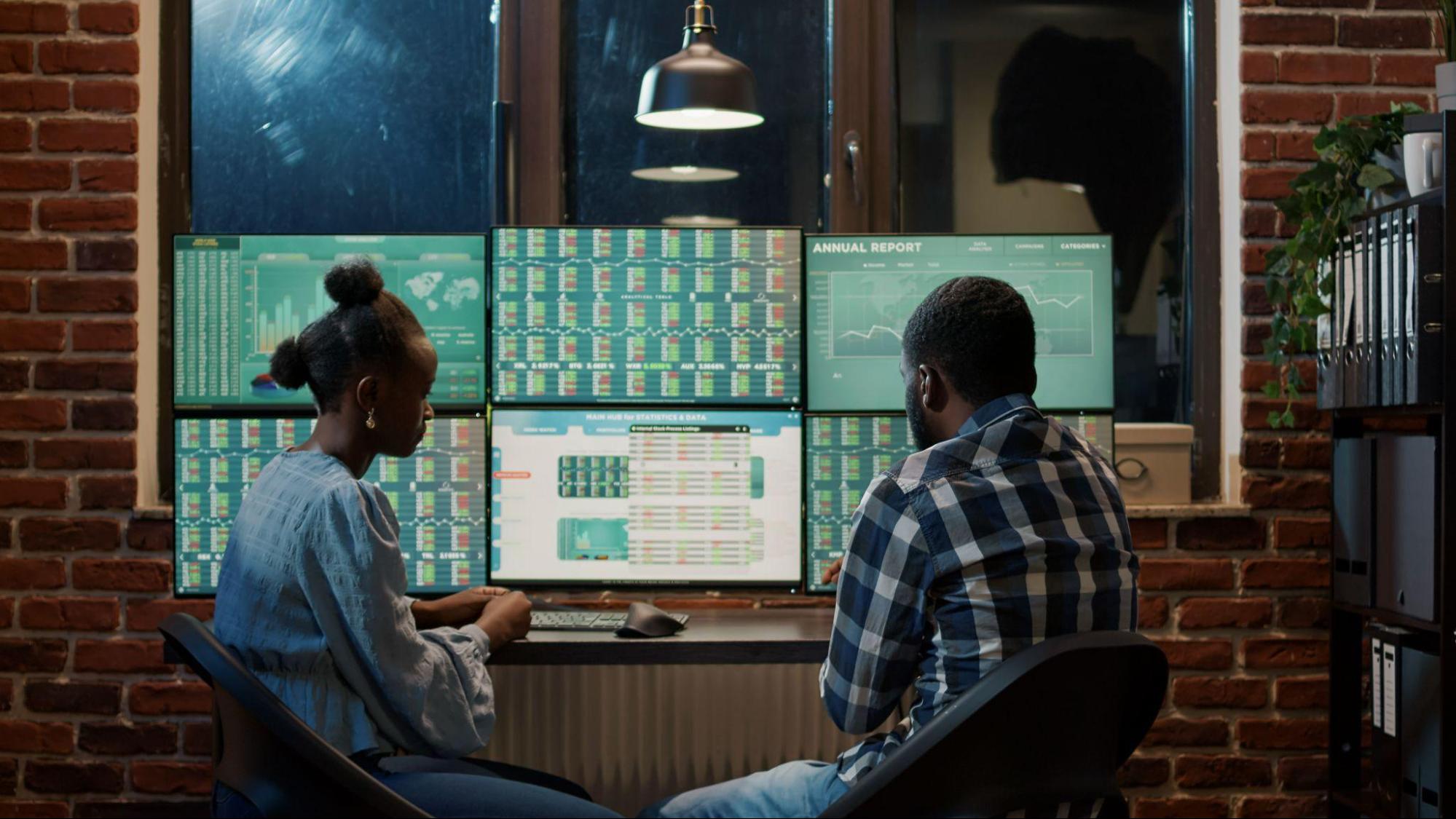Are you interested in investing in commodities? If so, you’re definitely not alone. In today’s economy, many people are looking for ways to diversify their portfolios and protect their investments. Commodities can be a great way to do both of those things, but it’s important to understand how to invest in them properly. Here are a few tips that can help you get started.
What Are Commodities?
Commodities are natural resources that can be bought and sold. They include things like metals, energy, and agricultural products. When you invest in commodities, you’re essentially betting on the future price of these goods. If you think the price of gold will go up, for example, you might buy some gold futures.
How to trade commodities
There are a few different ways to trade commodities. The most common is probably through futures contracts. These are agreements to buy or sell a certain amount of a commodity at a set price on a future date. You can also invest in commodity-based ETFs, which are portfolios of stocks that track the performance of a particular commodity.
Our Top Do’s and Donts
1. Do your research

Before investing in any commodity, it’s important to learn as much as you can about it. What is the current market price? What is the expected price over the next few months or years? What factors could affect the price? etc. The more informed you are, the better decisions you’ll make when it comes time to invest.
2. Don’t go overboard
Just like with any other type of investment, it’s important not to put all your eggs in one basket when investing in commodities. Diversifying your portfolio will help minimize your risk if the market takes a turn for the worse.
3. Use caution
Commodities can be volatile investments, so it’s important to exercise caution when making choices about which ones to buy and sell. Always be sure to consult with a financial advisor before making any major decisions – they can help minimize potential losses and maximize profits.”
4. Establish a trading plan before entering the market
Just as you would with any other type of investment, it’s important to have a trading plan in place before you begin investing in commodities. This plan should include your goals, your budget, and the strategies you’ll use to buy and sell.
5. Stay up to date on news and current events

It’s also important to stay up to date on news and current events that could affect the prices of commodities. Things like weather, political instability, and natural disasters can all have an impact. By following the news closely, you can help ensure that you make informed decisions about when to buy and sell.
Understand The Market Cycle
All markets go through ups and downs, and commodities are no different. It’s important to understand this market cycle so that you can make informed investment choices. For example, you might want to buy more of a certain commodity when prices are low and sell when they start to rise again.
Use Volatility To Your Advantage
Volatility can be one of the most challenging aspects of investing in commodities. However, if you understand how to use it to your advantage, it can also be one of the most profitable. For example, you might want to buy a commodity when there’s been a lot of news about it (positive or negative). This could signal that prices are about to change and that there’s profit to be made
The best sectors to invest in

Some people prefer to focus their investments on a specific sector, such as energy or agriculture. Others choose to spread their investments across multiple sectors in order to diversify their portfolios. Here are some of the best sectors you can invest in, according to recent performance:
Energy
The energy sector has been one of the best performers in recent years. This is due in part to the increasing global demand for energy and the corresponding rise in prices. Energy commodities like oil and gas have been some of the most profitable investments in recent years, so this is a sector worth considering if you’re looking to invest in commodities.
Agriculture
The agriculture sector has also been a strong performer in recent years. This is due to the growing global population and the corresponding increase in demand for food. Agricultural commodities like wheat, corn, and soybeans have been some of the most profitable investments in recent years, so this is another sector worth considering if you’re looking to invest in commodities.
Gold & Precious Metals
The precious metals sector has been a strong performer in recent years, due in part to the increasing global demand for these commodities. Precious metals like gold and silver have been some of the most profitable investments in recent years, so this is another sector worth considering if you’re looking to invest in commodities. This Gold & Silver Investment Guide from Noble Gold Investments can help get you started.
Oil and Gas

The oil and gas sector has been a strong performer in recent years, due in part to the increasing global demand for these commodities. Oil and gas have been some of the most profitable investments in recent years, so this is another sector worth considering if you’re looking to invest in commodities.
Utilities
The utility sector has been a strong performer in recent years, due in part to the increasing global demand for these commodities. Utilities like electricity and water have been some of the most profitable investments in recent years, so this is another sector worth considering if you’re looking to invest in commodities.
How To Use ETFs To Invest In Commodities
If you’re interested in investing in commodities but don’t want to deal with the hassle of futures contracts, you might want to consider ETFs. These are portfolios of stocks that track the performance of a particular commodity. For example, if you want to invest in oil without having to worry about price fluctuations, you could invest in an oil ETF.
However, it’s important to remember that ETFs are subject to the same risks as any other type of investment. Before investing, be sure to do your research and understand the risks involved.
The Bottom Line

Investing in commodities can be a great way to diversify your portfolio and protect your investments. However, it’s important to understand how to do it properly. Be sure to research the commodities you’re interested in, use caution when making investment choices, and always consult with a financial advisor before making any major decisions. following these tips will help you get started on the right foot.









